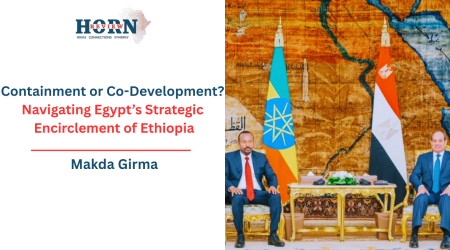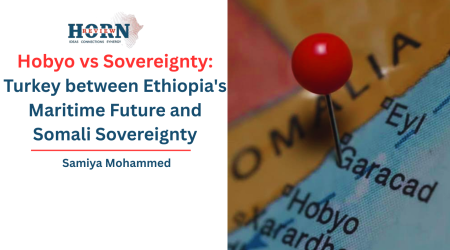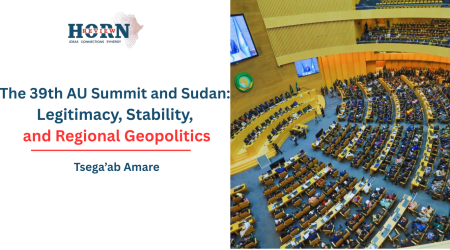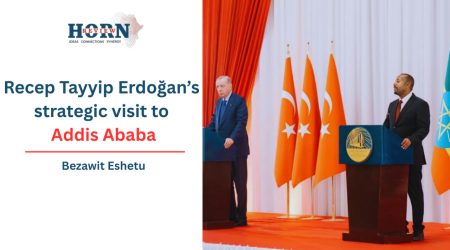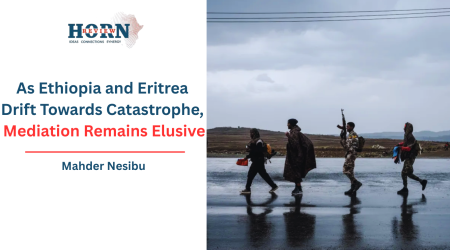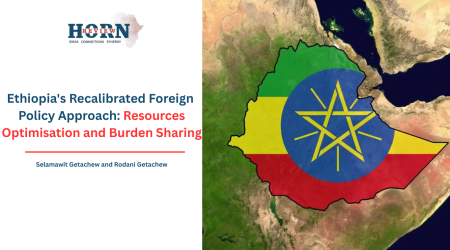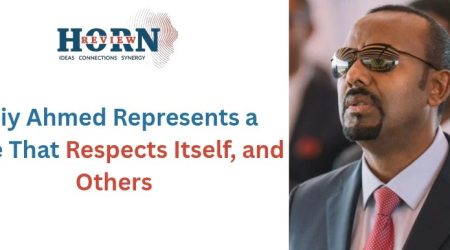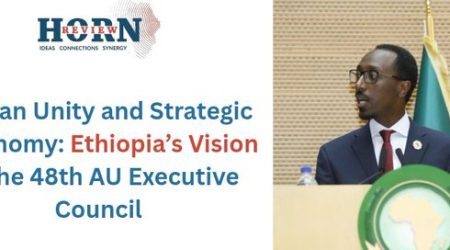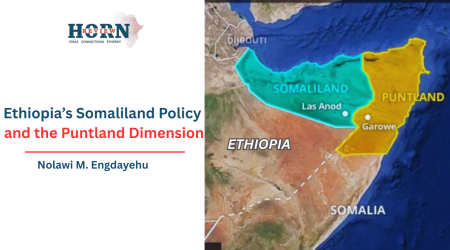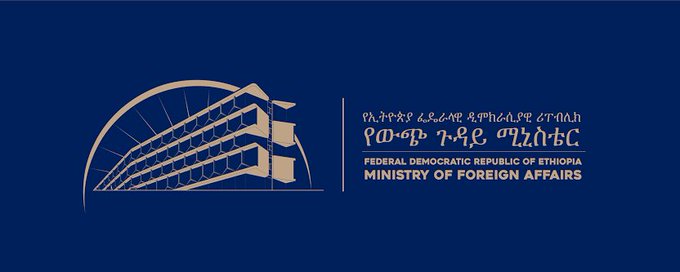
7
Oct
Redefining Restraint: Ethiopia Issued Second Letter On Eritrea To The UN
On October 2, 2025, Ethiopia’s Ministry of Foreign Affairs dispatched an official letter to the United Nations Secretary-General António Guterres; and such letter is not a routine diplomatic communiqué. It is, in essence, a carefully crafted act of statecraft – a moment when quiet patience transforms into deliberate assertion. In its measured tone and disciplined language, the letter reveals the soul of a nation that has endured provocation, sought peace, and now insists that its sovereignty will not be taken for weakness. Ethiopia, through this letter, draws a clear line – firm, lawful, and moral – against those who gamble with regional stability for narrow political gain.
At its core, the letter is both a warning and a reaffirmation. It accuses the Eritrean government of orchestrating and funding destabilizing operations within Ethiopia, including alleged collusion with remnants of the Tigray People’s Liberation Front and with regional militias seeking to reopen the wounds of war. These are not casual allegations. They come after months of mounting concern and follow a prior letter in June, in which Addis Ababa had already alerted the United Nations to similar provocations. That the warnings had to be repeated is itself revealing. Ethiopia’s diplomacy, characterized by restraint and principle, has been tested by a neighbor that thrives on permanent tension.
What gives the October 2025 letter its weight is not only its content but its historical memory. Ethiopia’s words carry the echo of a long and turbulent relationship. After the devastating 1998–2000 border war, both nations lived in a prolonged “no-peace, no-war” paralysis. When Prime Minister Abiy Ahmed, newly elected in 2018, reached out to end that stalemate, it was Ethiopia that bore the political and moral cost of reconciliation. The peace initiative was bold, mostly unilateral, and visionary. Abiy’s decision to accept the boundary ruling and to pursue dialogue reopened a path long thought closed, and it earned him the Nobel Peace Prize. Yet, for all its symbolism, the rapprochement rested on a fragile foundation – Eritrea’s goodwill, which was never fully given.
The letter now exposes the consequences of that imbalance. Eritrea, it suggests, has reverted to its familiar pattern: sowing disorder when peace denies it relevance. By collaborating with TPLF hardliners and arming militias in the Amhara region, Asmara appears intent on keeping Ethiopia internally distracted and regionally constrained. The letter frames these actions not as isolated provocations but as an existential challenge to Ethiopia’s sovereignty and to the regional order the Pretoria Agreement was meant to secure.
The reference to the Pretoria Agreement is deliberate and telling. That accord, signed in November 2022 between Ethiopia’s federal government and the TPLF, marked the end of a brutal internal war and reaffirmed the supremacy of the federal state. Eritrea was not a party to that agreement. Its exclusion was not accidental; it was a reflection of the deal’s essence – it was a settlement among Ethiopians, a reassertion of national unity after years of internal division. The fact that Eritrea now seeks to undermine that peace underscores a deeper pathology: a state unable to coexist with a stable Ethiopia.
Yet the letter is not merely accusatory. Its sophistication lies in how it reaffirms Ethiopia’s commitment to peace even while warning that patience has limits. The phrasing is careful – Ethiopia “has exercised maximum restraint,” but this restraint “is not indefinite.” It is a masterclass in diplomatic signaling. Ethiopia presents itself as a responsible actor – restrained, rational, peace-seeking – yet capable of decisive action if forced. It appeals to the conscience of the international community, while quietly asserting its right to defend itself. It is a balance few nations manage: the fusion of moral authority and strategic clarity.
The document also addresses one of the region’s most misrepresented issues – Ethiopia’s aspiration for access to the sea. Eritrea and its allies have sought to cast this as a territorial ambition, a pretext for hostility. The letter disarms that narrative completely. Ethiopia declares that its quest for sea access is grounded in cooperation and economic integration, not aggression. It positions Ethiopia’s vision as inclusive – a project for shared prosperity, not dominance. In doing so, it isolates those who thrive on fear and division, reaffirming that the Horn of Africa’s future lies in partnership, not paranoia.
No reading of the letter is complete without acknowledging the broader geopolitical currents it alludes to. Eritrea’s behavior cannot be divorced from the interests of external actors – most notably Egypt. Cairo’s unease over the Grand Ethiopian Renaissance Dam has driven it to seek pressure points wherever they can be found. Eritrea, with its authoritarian regime and strategic location on the Red Sea, offers a convenient ally. Their relationship, transactional rather than ideological, is built on a convergence of resentments: Eritrea’s against Ethiopia’s resurgence, and Egypt’s against its self-reliant development. The result is a fragile axis of disruption, where covert cooperation in intelligence and proxy politics serves the purpose of containing Ethiopia’s influence. Addis Ababa’s letter does not name Egypt, but its subtext is unmistakable. Ethiopia knows the game being played – and chooses to expose it through principle rather than retaliation.
What emerges from the October letter is not a portrait of anger but of resolve. Ethiopia stands before the international community as a nation that has exhausted the language of patience but not the ethics of diplomacy. Its call to the United Nations is, at once, an appeal and a test: an appeal for global responsibility and a test of whether international institutions can distinguish between aggression and self-defense, between a state seeking peace and one perpetuating instability. The stakes extend beyond bilateral tension; they concern the credibility of peace itself as a governing norm in the Horn of Africa.
Ethiopia’s diplomacy in this moment is anchored in moral clarity. The letter is an act of restraint written in the language of strength. It reminds the world that sovereignty is not negotiable, and peace, when pursued honestly, deserves protection. Those who misread Ethiopia’s patience as passivity misunderstand both its history and its temperament. This is a nation that has survived invasion, internal turmoil, and betrayal, yet has always returned to the path of peace on its own terms. The October 2 letter is the latest chapter in that long tradition – a quiet but firm declaration that Ethiopia’s endurance has purpose, and its restraint, power.
By Horn Review Editorial

